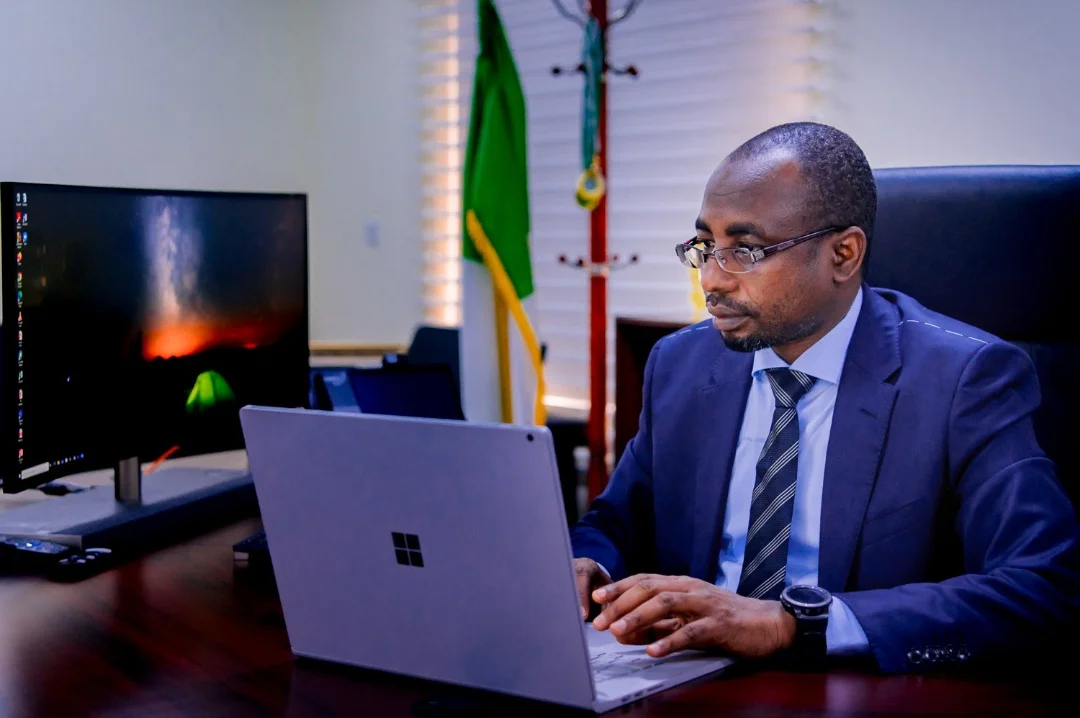The Director-General of the National Information Technology Development Agency (NITDA), Kashifu Inuwa, has reaffirmed the Federal Government’s commitment to achieving 95% digital literacy by 2030. This ambitious goal aims to empower Nigerians with essential digital skills and enhance the nation’s overall technological competence.
Strategies for Achieving Digital Literacy
Inuwa outlined several strategies that NITDA will implement to reach this target. The agency plans to integrate digital skills training into the national education curriculum. By collaborating with educational institutions, NITDA aims to ensure that students receive comprehensive training from an early age.
The initiative will focus on various aspects of digital literacy, including basic computer skills, internet usage, and online safety. By building a strong foundation in these areas, NITDA seeks to prepare the youth for the demands of a digital economy. This approach will not only improve employability but also foster innovation and entrepreneurship.
Moreover, NITDA aims to expand its reach to underserved communities. Special programs will be developed for women, rural populations, and individuals with disabilities. Ensuring inclusivity is a key component of this initiative. By targeting marginalized groups, NITDA hopes to create equitable access to digital education.
Inuwa emphasized the importance of partnerships in achieving these goals. Collaborations with private sector stakeholders, non-governmental organizations, and community groups will be essential. By pooling resources and expertise, these partnerships can enhance the effectiveness of digital literacy programs.
Monitoring Progress and Ensuring Sustainability
To ensure the success of this initiative, NITDA will implement a robust monitoring and evaluation framework. Regular assessments will help track progress and identify areas for improvement. This adaptability is crucial in a rapidly evolving technological landscape.
Inuwa also highlighted the need for continuous professional development for educators. Training programs will be established to equip teachers with the necessary skills to effectively deliver digital education. This investment in human capital is vital for the sustainability of the initiative.
Furthermore, NITDA plans to leverage technology to facilitate learning. Online platforms and mobile applications will be utilized to provide accessible learning resources. This approach will enable individuals to learn at their own pace and convenience.
In conclusion, the Nigerian government’s commitment to achieving 95% digital literacy by 2030 is a significant step toward empowering its citizens. Through strategic planning, inclusive programs, and strong partnerships, NITDA aims to equip the population with essential digital skills. As Nigeria continues to embrace digital transformation, this initiative will play a crucial role in fostering economic growth and national development.




